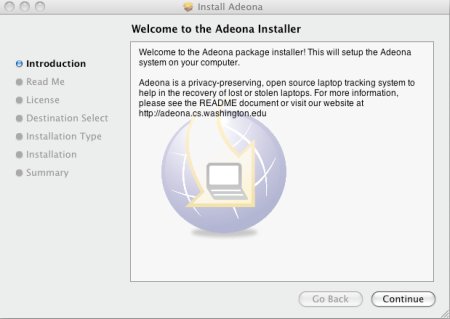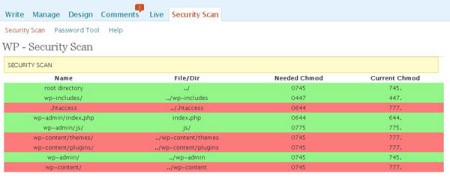
Security-Hacks has a great roundup of essential Bluetooth hacking tools. As they point out, Bluetooth technology is very useful for communication with mobile devices. However, it is also vulnerable to privacy and security invasions. Learning the ins and outs of these tools will allow you to familiarize yourself with Bluetooth vulnerabilities and strengths, and enable you to protect yourself from attackers. The list is separated into two parts – tools to detect Bluetooth devices, and tools to hack into Bluetooth devices. Check out BlueScanner, which will detect Bluetooth-enabled devices, and will extract as much information as possible from those devices. Other great tools to explore include BTCrawler, which scans for Windows Mobile devices, or Bluediving, which is a Bluetooth penetration suite, and offers some unique features like the ability to spoof Bluetooth addresses, and an L2CAP packet generator. Most of the tools are available for use with Linux platforms, but there are a few you can also use with Windows.
[via Digg]















